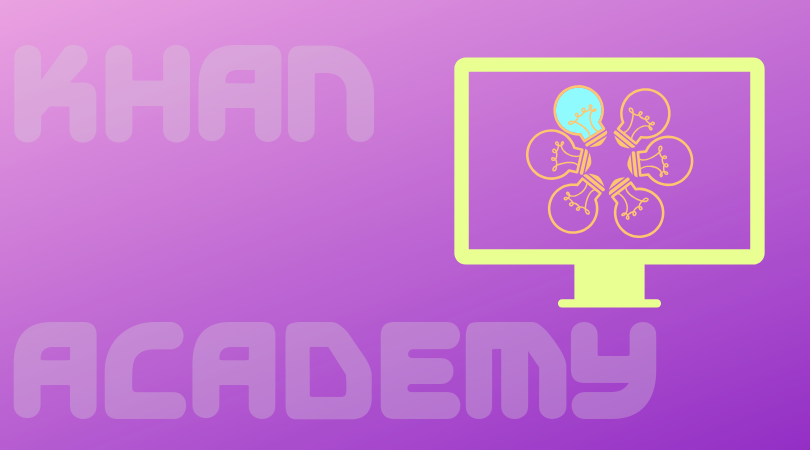Salman Khan of “Khan Academy” Talks Education
Words by Noe Lebanidze
Illustration by Katie Herchenroeder
The name Salman Khan is probably at least somewhat recognizable to most of us. If that doesn’t ring a bell, perhaps you are familiar with the website ‘www.khanacademy.org?’
Educator and Entrepreneur Salman Khan visited City Collegeon the first of April as part of the “Rudin Lecture Series.” His lecture,titled “Reimagining Education,” focused on the past and present of KhanAcademy, his chief educational accomplishment, elaborating his philosophy oneducation and what it needs to accomplish in the contemporary world.
The non-profit Khan Academy is an educational organizationand popular website. Known for its creation of free educational material, itsstated mission is “providing a free, world-class education for anyone,anywhere.” In practice, this lofty ideatranslates to a website full of insightful videos - many of which narrated byKhan himself - explaining concepts as varied as American history to linearalgebra to even art interpretation. The platform has been so successful that itis now officially affiliated with the SAT and is being translated into dozensof languages worldwide. For his work in furthering education, Khan was awardedthe Padma Shri award in 2016 and the Heinz Award in 2010.

As a college student myself, I used Khan Academy a lot inhigh school and go back to it frequently to jog my memory in certain subjects.Like many fellow students, this lecture struck me as something unique. Many goto lectures to hear new voices, but it is not every day that you get to hearfamiliar ones. As one medical student remarked during the question and answerperiod, “it’s a little surreal hearing your voice in person rather than from mylaptop.”
Khan’s lecture began with the story of how his educationcareer began. What started off as a little online tutoring for a single cousinquickly escalated. “I found myself tutoring 10-15 cousins, family friends, allover the country,” he shares. He saw promise in the enterprise, and eventuallyquit his job to register Khan Academy as a non-profit in 2008. The organizationfloundered for a few years, making around $200 a month through intermittentonline donations. The turning point occurred when Bill Gates took notice, asKhan was eager to document with a video where the Google founder praises Khan’swork.
Khans presented his educational philosophy as being derivedfrom his earlier experience tutoring his cousins. “I saw a common pattern withmy family member, that the reason they were having trouble with a subjectwasn’t because they weren’t right, it wasn’t because the subject matter was toodifficult. It was because they were accumulating gaps,” he remembers. Insteadof making sure all students understand what it is they are learning, theAmerican education system typically rushes through hoops without taking thetime to identify and eradicate areas of confusion. After taking a test “youidentify gaps, but then you completely ignore those gaps and move on to thenext stage,” Khan says.
Khan’s stated solution is to mold the curriculum to thestudent’s needs. Instead of holding fixed when and how long subjects last withvariable outcomes, why not hold fixed that every student should be able tobecome proficient in a concept, he asked.
This does not imply being against schools and teachers. Khanpitches his Academy as a supplementary tool to traditional education, much likethe way it is used by most people. The videos and practice questions are a wayto improve one’s understanding of a concept before or after class, not asubstitute to classical education.

Khan’s thoughts on education were further elaborated upon duringthe question and answer session. After being asked about if he saw a future inalternative certifications of knowledge, Khan noted the student debts crisisand falling return of investment from higher education more generally. “I wouldlike to create a world where there are alternate paths, and actually paths thatwouldn’t even necessarily be towards a college degree,” he opines. Employers,Khan went on to say, don’t see bachelor’s degrees as the end-all when lookingfor people to hire, and expressed his view that a more holistic way ofevaluating workers is needed.
The lecture ended on a lighter note, when preschool teacherand CCNY alumni Celeste Bradsher asked about how Khan Academy could be used forearly education. In response, Khan stressed the future he saw in introducinghis platform to more conventional institutions and repeated his call for moreand more people to introduce Khan Academy to others.





